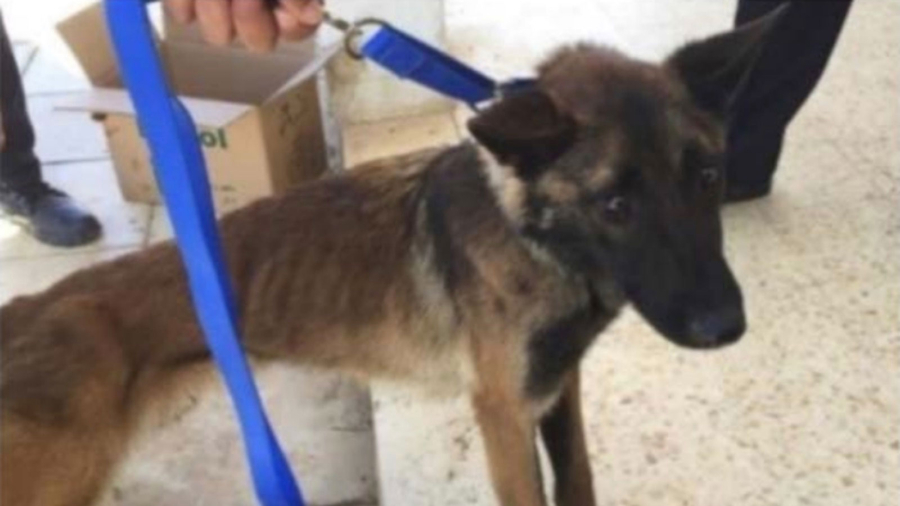The United States has decided to stop sending explosive-detecting canines to Egypt and Jordan after a report by the Office of Inspector General (OIG) stated that the dogs were allegedly dying due to lack of “adequate healthcare.”
“Any death of a canine in the field is an extremely sad event, and we will take every measure possible to prevent this from happening in the future,” according to a statement from the State Department.
After the OIG report was released in September 2019, an official traveled to Egypt and Jordan to inquire about the health and welfare of the canines.

“To ensure all the programs were following our guidelines, we are working to visit every country in which we have explosives-detection canine programs and have requested greater embassy oversight,” the spokesperson said.
“The latest OIG report was a follow-on to that report, and we concur with the OIG recommendations to cease temporarily providing additional canines to Jordan and Egypt until those countries implement our requirements to ensure the canines’ health and welfare. Additionally, we have not sent canines to Jordan or Egypt since the OIG released its September 2019 findings.”
A second report released earlier this month that the number of dogs dying due to alleged neglect went from two to seven, according to Fox News.
The spokesperson said that improvements were being made before the September 2019 report.
“By November 2018, we had full-time veterinarians in [the] country conducting regular checks of the ATA canines. We have improved the canine facilities and kennels. We have mentors on-site to monitor the canines, and they train foreign dog handlers to our standards as well.”
The report also stated the conditions that led to the dogs’ deaths in Jordan.
“April 2016 CVC visit observed dogs dying of disease and heat-related illness, dogs with hip dysplasia, inadequate kennels, overworked dogs, and “barely existent” kennel sanitation,” the report read.
Zoe, a two-year-old female Belgian Malinois arrived in Jordan in 2016 and died of a heat stroke in 2017 while working at a Syrian border.

The Antiterrorism Assistance Explosive Detection Canine Program deploys less than 200 dogs to eight countries.


